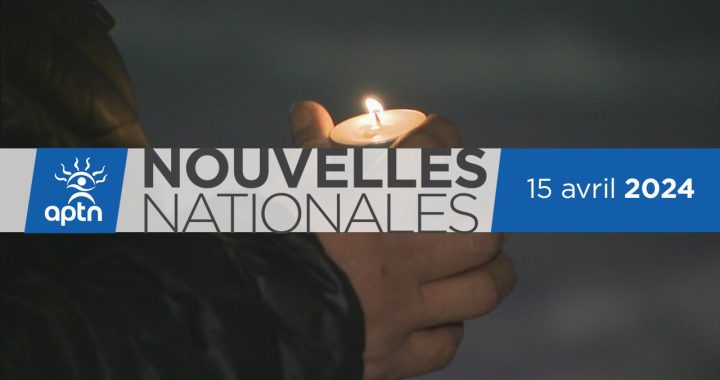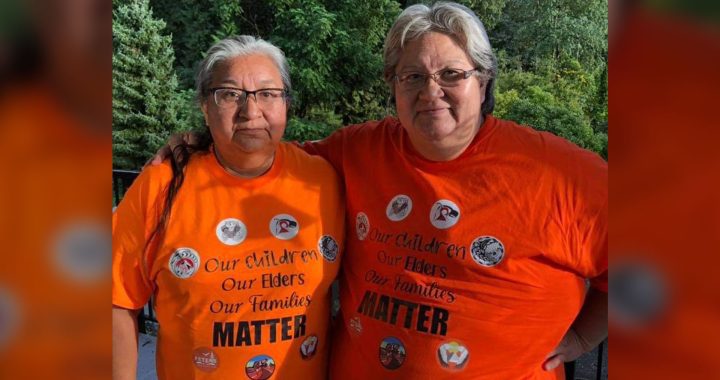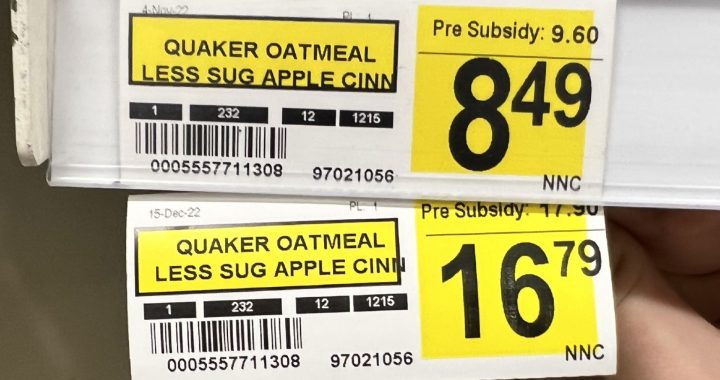Yukon Health Minister Tracey-Anne MacPhee has declared a substance use health emergency in the territory.
“Far too many need our help and support. Far too many are dying in our communities and here in Whitehorse,” she said at a Zoom conference on Thursday.
MacPhee was joined by several First Nations chiefs and representatives, as well as Yukon’s acting chief medical officer of health Dr. Catherine Elliot, chief coroner Heather Jones and Commanding Officer of Yukon RCMP Chief Superintendent Scott Sheppard.
On Wednesday, Jones issued a warning to residents about an increase in opioid-related deaths.
She said the Yukon Coroners Service has confirmed four deaths due to illicit drugs in the first seven days of this year. Three deaths are the result of fentanyl.
Three other deaths under investigation are also assumed to be drug-related. She said at the announcement those deaths are likely linked to opioids.
“It is a time for extreme caution and care,” Jones said.
“The drug supply in Yukon is becoming more and more unstable, more toxic, and simply, deadlier.”
MacPhee said territorial officials are working closely with partners to advance a range of harm reduction initiatives in response to the emergency.
They include a new territory-wide public awareness and education campaign, the expansion of drug testing and safe supply to rural communities as well as enhancing the territory’s supervised consumption site to support those who use inhalants.
MacPhee said a new opioid action plan is also being developed.
A mental health summit to address the territory’s addictions crisis is planned for February. It will be held in collaboration with First Nations in the Yukon.
Read More:
First Nation in the Yukon holds gathering to remember people who died from addictions
First Nation in Yukon declares states of emergency after three drug related deaths in one week
Unlike a state of emergency, the declaration does not grant the territorial government any additional power or privileges but is “a commitment by our government that this is a priority and a coordinated response” MacPhee said.
“It is a call to action to our government, and a recognition to the public that we understand the concerns and priority this must take, and it is a call to all Yukoners to help with the responses and solutions going forward.”
Since the opioid crisis hit the territory in the spring of 2016, 64 people have died due to the illicit use of opioids. Twelve other deaths have been classified as drug-related.
Acting chief medical officer of health Dr. Catherine Elliot said in 2021 there were 23 opioid-related deaths in the territory, which is an increase from 2020 of 130 per cent, and an increase of 475 per cent when there were four deaths in 2019.
Three more deaths from 2021 are under investigation.
The emergency declaration follows multiple vigil events that were held in the territory last week in memory of community members who died from addictions.
Another vigil was held earlier this week at the Whitehorse emergency shelter after two people reportedly died there.
With files from the Canadian Press.









